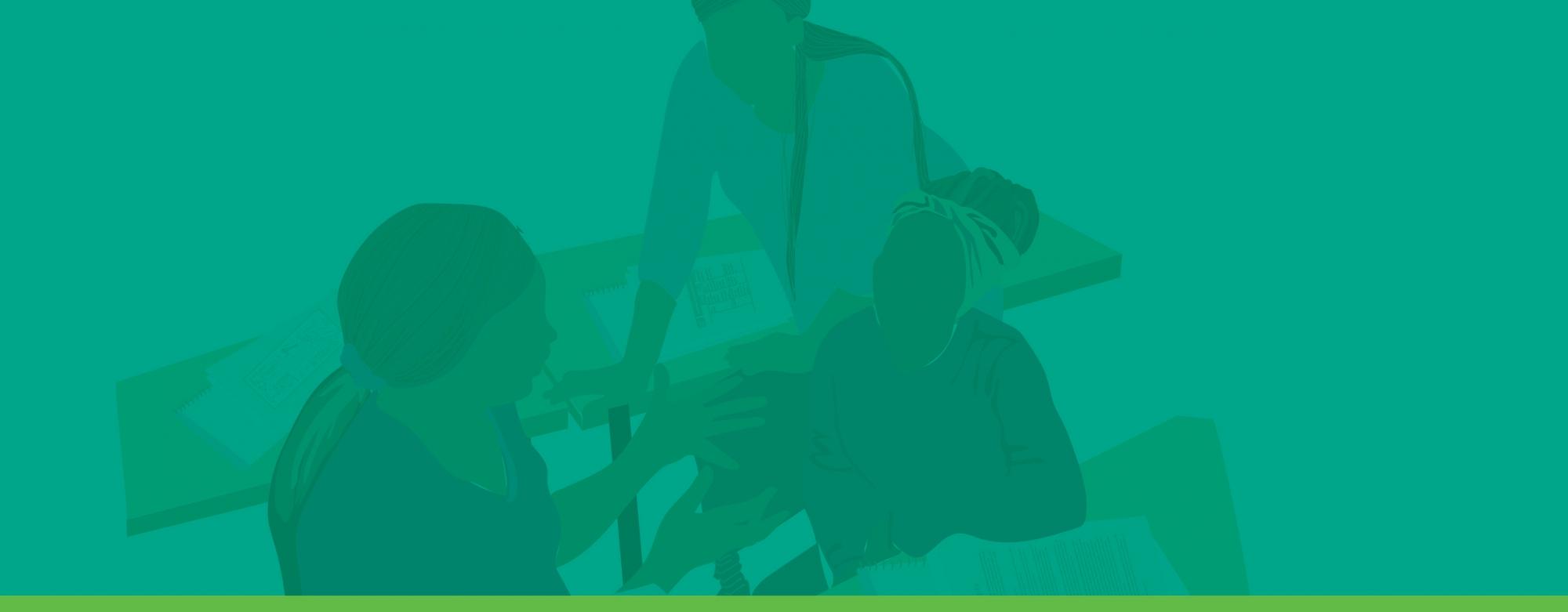Building GBV Evidence Grant
GWI is partnering with two organizations Jago Nari Unnayon Sangsta (JNUS) based in Cox’s Bazar and Right to Play International – to implement the Building GBV Evidence Grant. JNUS is leading a project entitled Enhancing Protection to Female Volunteers and Staff in the Humanitarian Response in Cox’s Bazar, while Right to Play is implementing Developing and Piloting Play-based Tools and Approaches for Collecting Evidence on Gender-based Violence amongst Adolescents in Humanitarian Settings in Uganda and Lebanon.
Learn more about our partners
Jago Nari Unnayan Sangstha (JNUS)
Jago Nari Unnayan Sangstha (JNUS), established in January 2010, is a non-profit, independent and women-led organization in Cox’s Bazar. The major focus of this organization is to promote gender equity and women empowerment in society to contribute to the sustainable development in Bangladesh. From the very beginning of its’ establishment, JNUS has been working in the field of prevention and response to Gender Based Violence (GBV) especially violence against women and children. The organization has earned a reputation extending support in the form of legal aid and counseling to the female victims for protecting their human rights and justice.
It is a common platform for regular dialogues between and among the government, development partners, civil society, media, grassroots people and other relevant stakeholders. JNUS does have a strong advocacy network, training capacity and ability to produce quality policy papers and documents. It also enjoys a high level of reputation as a credible local NGO/CBO in Cox’s Bazar. JNUS has so far undertaken twenty five joint venture projects in collaboration with the development partners and civil society organizations for the development of the community and people. It has already developed an excellent institutional network with the key stakeholders at all levels and professional capacity to implement any activities assigned by the government and the development partners. During the last five years, JNUS has undertaken four research in collaboration with the Overseas Development Institute (ODI), ITED, a consulting firm in the UK, and Research Initiatives Bangladesh.
The aim of GWI’s partnership with JNUS is to work collaboratively in order to develop and implement safe and ethical research and produce evidence-based data and meaningful outcomes for female refugee volunteers and community leaders, as well as humanitarian staff working in camps in Cox’s Bazaar.
Right to Play
Right To Play is a global children’s organization that protects, educates and empowers children to rise above adversity. We believe that age, gender and ability sensitive play, in all its forms, including games, sports, art, drama and music, not only is essential for children’s wellbeing and development, but is also life-saving. Right To Play operates in 14 countries around the world, in both development and humanitarian contexts. We believe that when women and girls are meaningfully engaged along with men and boys in decision making for development or humanitarian assistance, the outcomes are significantly improved and more sustainable.
Our programs across the countries are designed to provide children with the opportunity to learn about their rights and develop key life skills such as self-confidence, communication, and decision-making. In addition, we provide them with knowledge and resources on their rights including protection from violence and harmful traditional practices like Child Early and Forced Marriage (CEFM), Female Genital Mutilation (FGM) as well as Sexual and Reproductive Health Rights and gender equality. Gender equality and inclusion are at the heart of Right To Play’s work and empowerment of girls is also one of the four outcome areas which focuses on supporting girls in gaining knowledge of their rights, skills to navigate concerns of violence and protection, sexuality and health, education and learning. It hones their ability to take decisions and advocate for their own rights to actualize their potential. Right to Play also recognizes the importance of strengthening the ecosystem for children particularly girls to have learning opportunities and actualize their potential. Parents and community members, teachers, governments and other stakeholders are actively involved through awareness raising programs, trainings, mentoring and other activities. These adults are allies in identifying and overcoming barriers to gender equality and rights of girls.
The proposed research aims to improve the ability of Right to Play International (RTP), and other humanitarian organizations, to measure and gauge the impact of their gender-responsive play-based programming in bringing about a change in addressing harmful gender norms that lead to gender-based violence amongst adolescents in refugee and host populations in Lebanon and Uganda. It also aims to develop tools and approaches that RTP staff can use, across regions, and together with adolescents, to measure the impacts of their programming on the socio-cultural norms and attitudes that can lead to GBV; as well as to provide adolescents in humanitarian settings a means to have greater voice and agency, through their engagement with play-based tools.
Case Studies
The Global Women's Institute and Jago Nari Unnayon Sangstha: A Global - Local Research Partnership
In 2021, JNUS successfully applied for and received a “Building GBV Evidence” grant, through which they received capacity building support on GBV research and M&E from the Global Women’s Institute (GWI) at George Washington University as well as technical support to design and lead their own GBV-related research project. Read this case study to learn more about the global - local partnership, findings, and outcomes of the project.
The Global Women’s Institute and Right to Play: Making Research Fun
Right To Play is a global organization that protects, educates, and empowers children to rise above adversity using the power of play. Right To Play’s project focused on developing and piloting play-based tools and approaches for collecting evidence on gender-based violence (GBV) among adolescents in humanitarian settings in Uganda and Lebanon. Read this case study to learn more about the findings and outcomes of the project.






